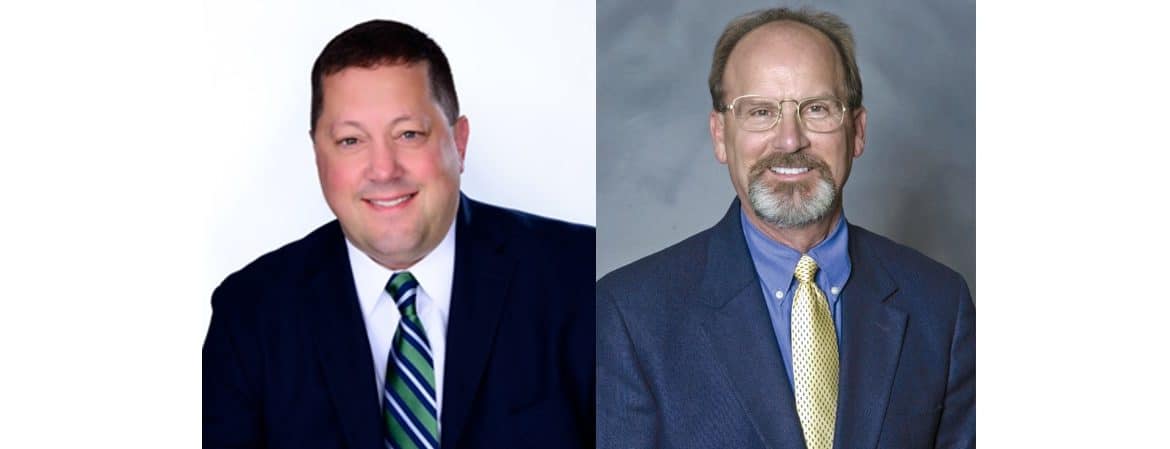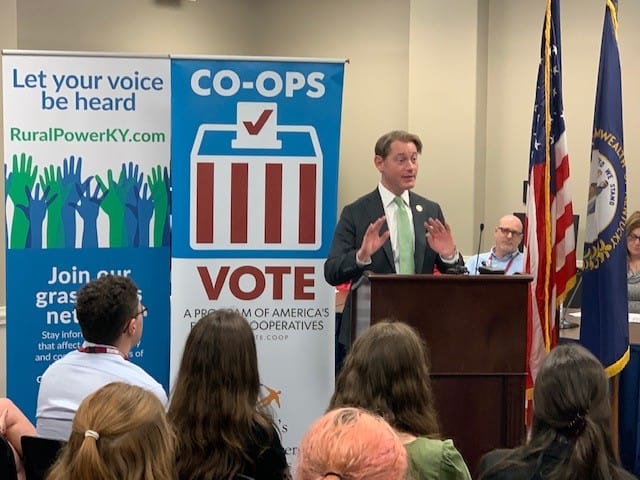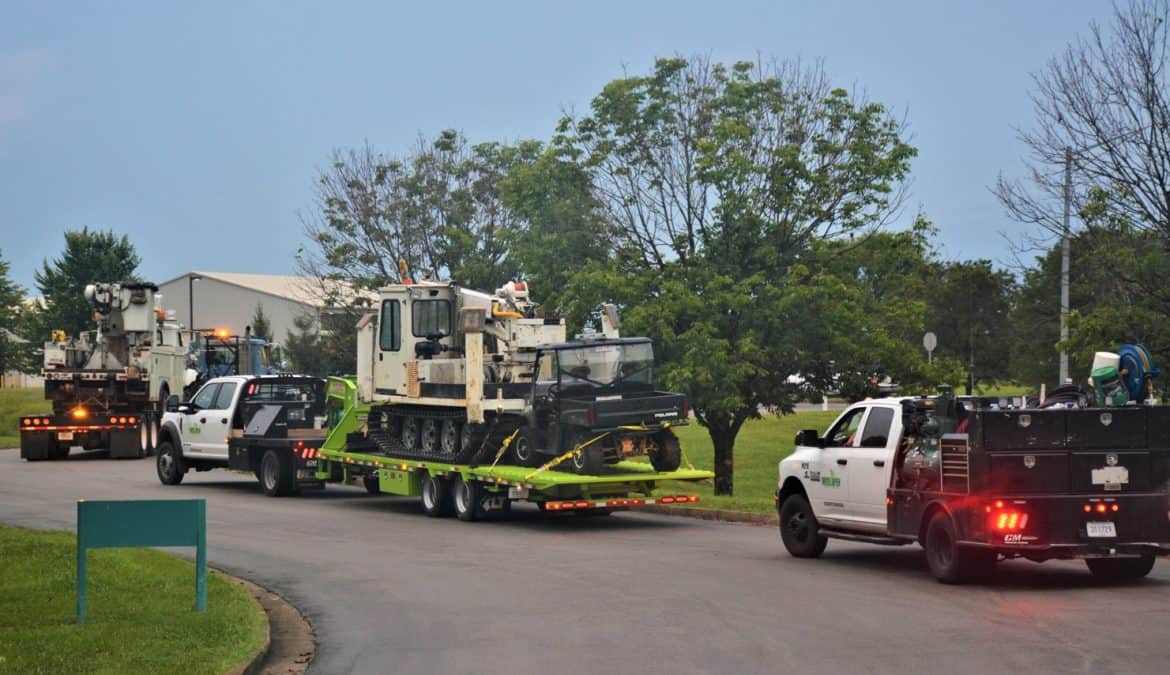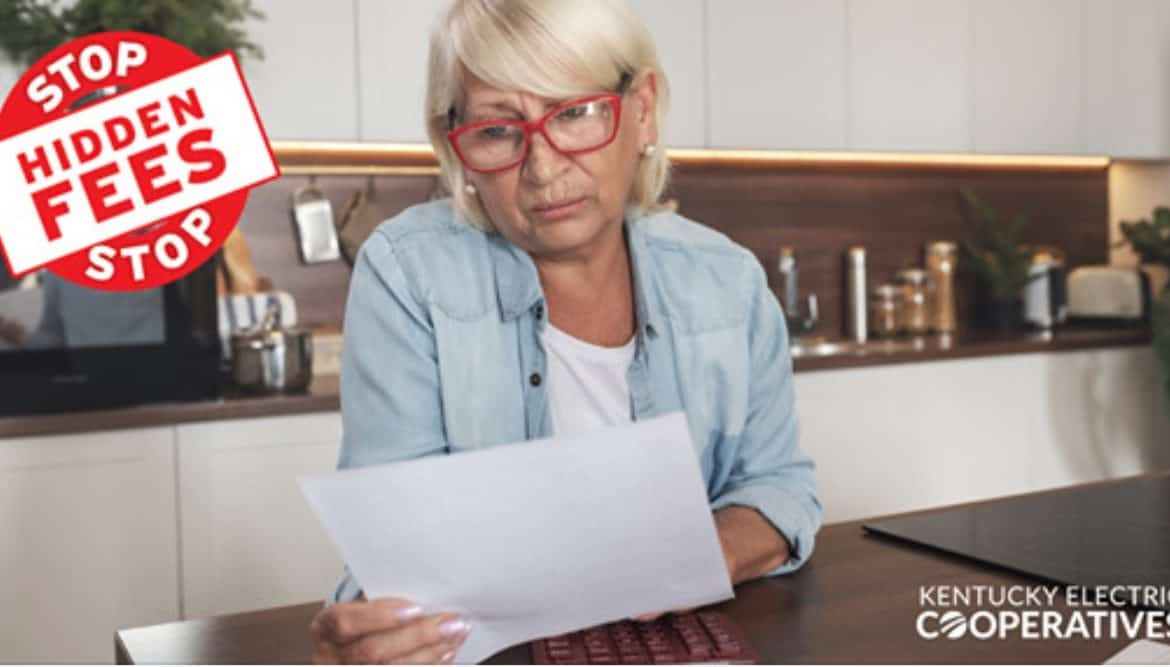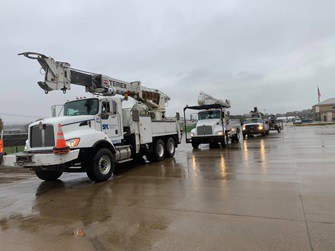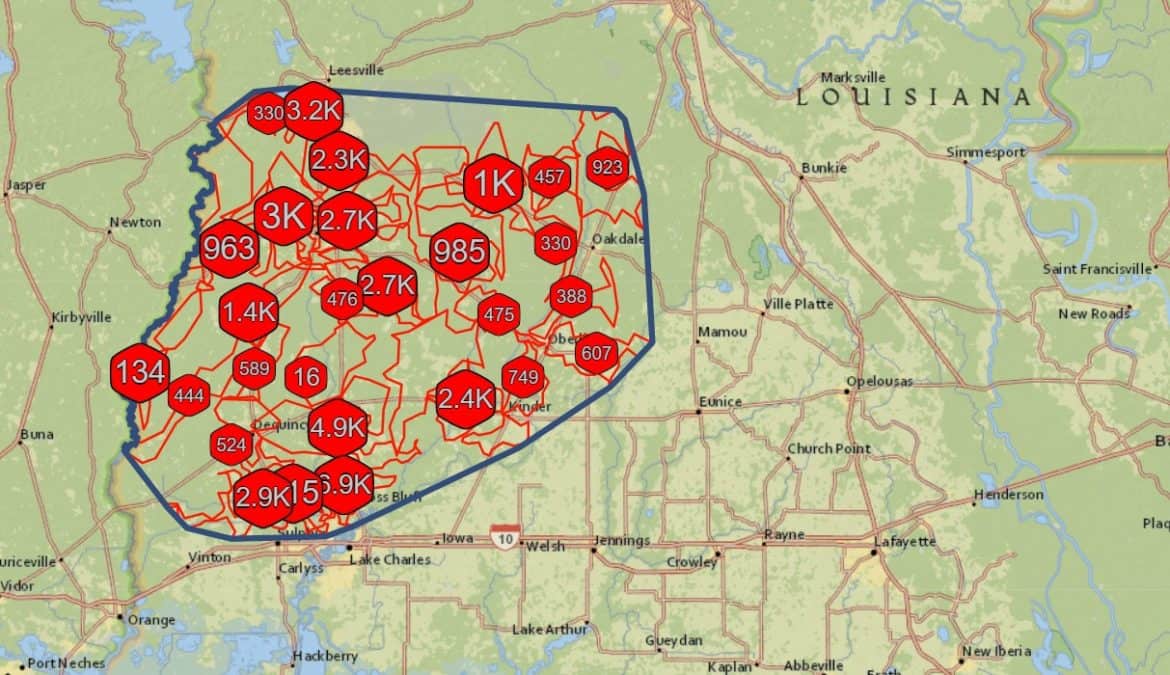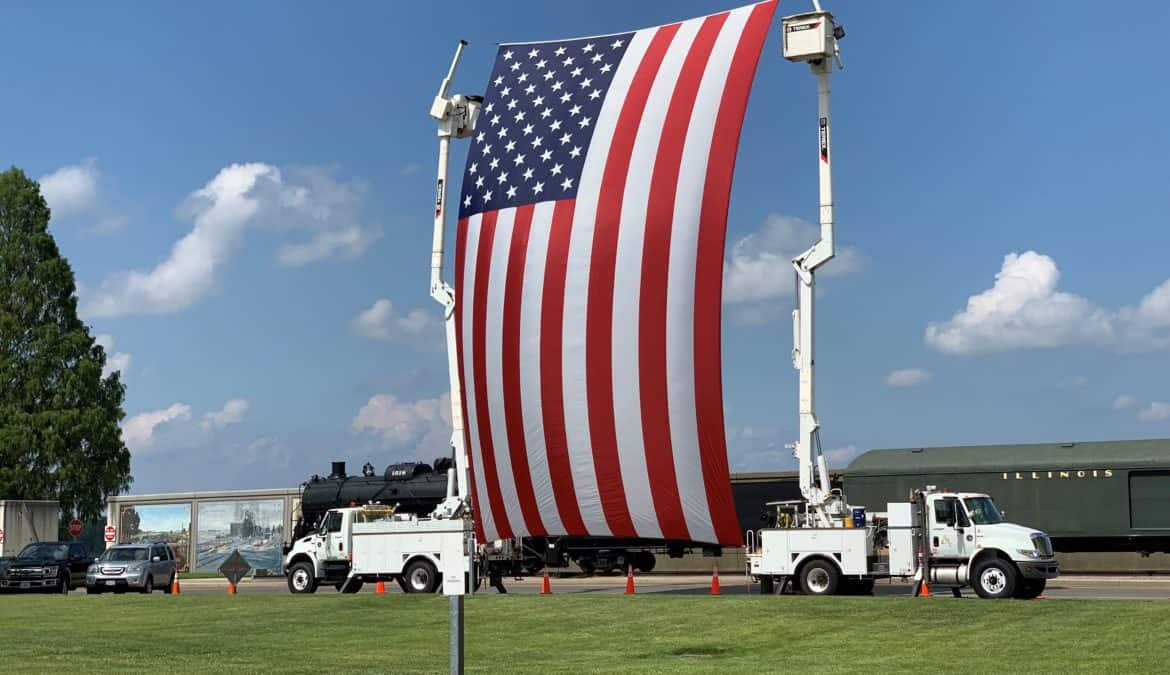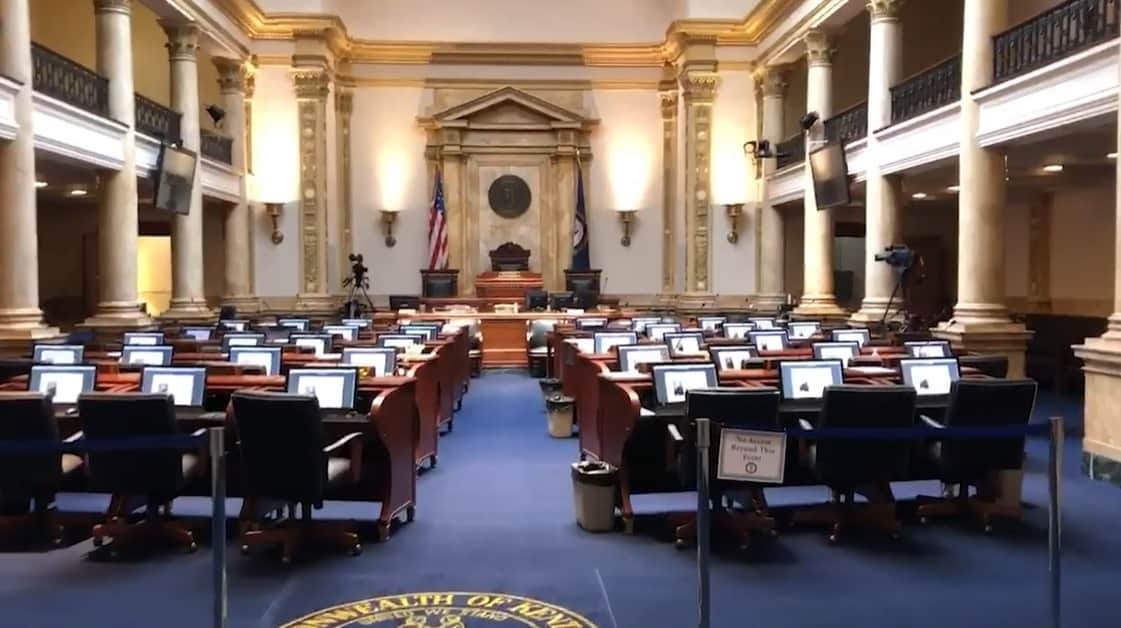Electric cooperative’s board names new CEO
The Board of Directors of Taylor County RECC is pleased to announce that after a nationwide search, Jeff Williams has been unanimously elected CEO of the electric cooperative.
Williams will succeed the longtime CEO of Taylor County RECC, Barry Myers, who is retiring after the co-op’s annual meeting on July 15. Myers has served as the co-op’s chief executive since 1985.
A native of Owensboro, Williams brings more than twenty years of co-op experience to Taylor County RECC which serves nearly 26,000 consumer-members in the Central Kentucky counties of Adair, Casey, Cumberland, Green, Hart, Marion, Metcalfe, Russell and Taylor.
“After a very careful and conscientious review of the cooperative’s needs, our board enthusiastically agreed that Jeff’s expertise and cooperative experience are an excellent fit for Taylor County RECC,” said Board President Donald Dean Shuffett. “We are excited to introduce Jeff to our dedicated employees and valued consumer-members.”
Williams joins Taylor County RECC after serving four years as Jackson Purchase Energy Cooperative’s Chief Financial Officer and VP of Finance and Accounting. Immediately prior to that, Williams was Manager of Budgets for nine years with Big Rivers Electric Corporation, and for ten years worked with Western Kentucky Energy, a subsidiary of Louisville Gas & Electric.
“I’m honored that the Board has placed their trust in me to lead a great group of employees,” Williams said. “I look forward to helping the members of Taylor County RECC and the communities we serve to prosper. At Taylor County, the members, the employees and our Board of Directors are all in this together. That is the essence of what a cooperative is.”
Williams and Shuffett expressed gratitude to Barry Myers as he begins a very well-deserved retirement. Myers’ 37 years as Taylor County RECC CEO makes him by one year the longest-serving manager in the co-op’s history. Earl Tomes, the first CEO of the cooperative, led Taylor County RECC for 36 years, from 1938 to 1974.
“I also want to thank the Board, employees and members of Jackson Purchase Energy,” Williams added. “I have been privileged and blessed to know and work with a great group of people.”
Williams and his wife of 29 years, Trinna, have four grown children: Joshua, Cassie, Caleb and Emily.
“My wife and I enjoy camping and the outdoors,” Williams said, “The Taylor County RECC service area is in a central location and is such a wonderful destination. We are humbled and happy to be so graciously welcomed to our new home.”

